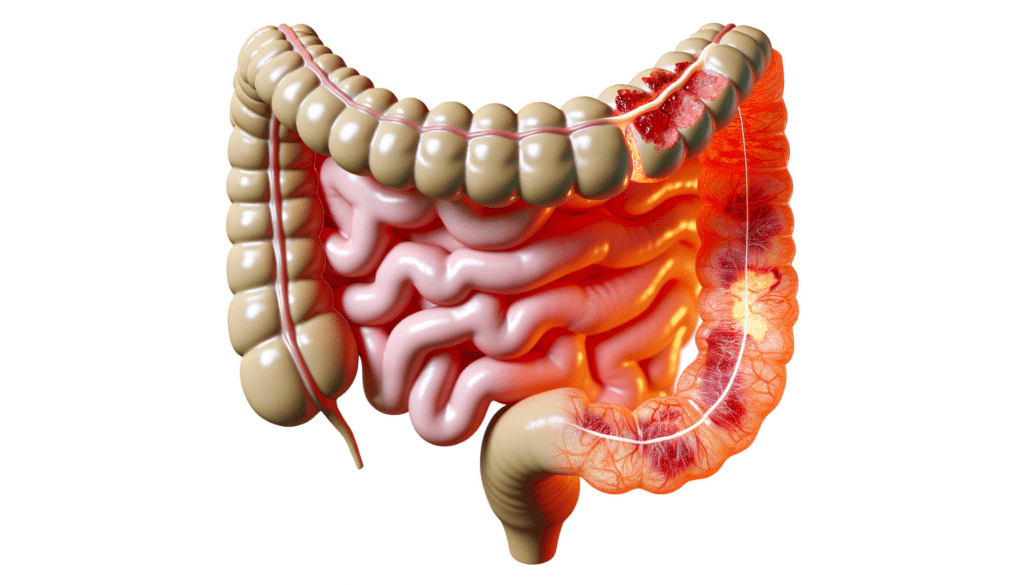Dietary Adjustments for Colitis Management
Implementing dietary changes is one of the most effective strategies in managing colitis symptoms. Consuming a balanced diet that avoids known irritants can help reduce inflammation and improve gut health. Foods rich in fiber, such as fruits, vegetables, and whole grains, are beneficial for some, but they may need to be limited during flare-ups. Incorporating anti-inflammatory foods like olive oil, fatty fish, nuts, and seeds can offer health benefits. It’s essential to stay hydrated and to avoid trigger foods, such as dairy, caffeine, and spicy dishes, if they worsen symptoms. Consulting with a nutritionist can provide personalized insights into your dietary requirements.
The Role of Stress Management
Stress is a significant factor that can exacerbate colitis symptoms. When stress levels are high, they can trigger increased inflammation and worsen the discomfort associated with this condition. Integrating stress-reducing practices such as yoga, meditation, or deep breathing exercises can have a positive impact on overall well-being and symptom management. Regular physical activity is another effective way to reduce stress levels, and it also supports digestive health. Building a routine that incorporates these stress-relief techniques can lead to better management of colitis.
Lifestyle Changes and Colitis
Beyond diet and stress management, other lifestyle modifications can support colitis management. Adequate sleep is crucial as it allows the body to repair itself and maintain immune function. Establishing a regular sleep schedule and creating a restful sleeping environment can contribute to symptom control. Additionally, refraining from smoking and limiting alcohol intake are vital, as these habits can irritate the digestive system and provoke flare-ups. Building a supportive network of friends, family, or support groups can also provide emotional relief and practical tips for living with colitis.
Holistic Approaches for Optimal Health
Adopting a holistic approach to colitis management focuses on addressing the body as a whole rather than just treating the symptoms. This involves combining medical treatments prescribed by healthcare professionals with complementary therapies. Probiotics and prebiotics, for instance, can help balance gut flora, improving digestion and reducing inflammation. Acupuncture and herbal supplements might also offer relief for some individuals, but it is essential to consult with healthcare providers before starting any new treatments. By integrating these holistic strategies into daily routines, individuals can strive towards achieving a more balanced and fulfilling life while managing colitis effectively.

